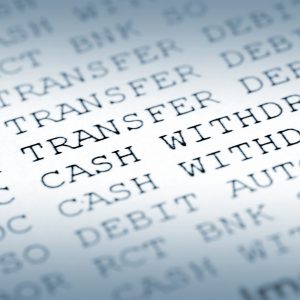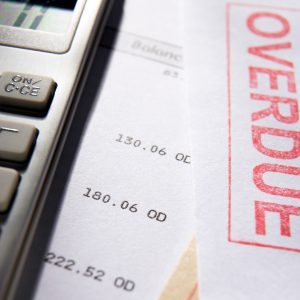Setting a budget is one of the best ways to take control of your financial situation. The problem for many is it sounds so difficult. It really isn’t and within seven steps you could be on your way to having more financial freedom.
Decide Who Will Do the Budgeting

It is best if only one person does it all. You may think two people are better but this runs the risk of bills being missed.
Designate one adult to do everything with the finances and the other just does as he is told!
Check Bank Statements from the Last Six Months

You need to check the bank statements from at least the last six months; preferably the last 12.
This will detail all your outgoings and incomings to make sure you don’t miss small bills, extra payments and anything else that could accidentally slip you by, like special payments.
Go through the list of everything and make a note of them and their amounts to help you get started.
Create an Excel Sheet
Open up an Excel—or your spreadsheet software—sheet and create your budget.
There are budgeting templates available but you may find it best to just use the blank sheet. You need one section for the predicted income and one for the actual income.
The predicted is for the amount that you expect to spend and come in while the actual is created at the end of the month once all payments have gone in and out.
Be Realistic with Your Outgoings
Don’t try to keep the small for the sake of budgeting. Be realistic with them. This is especially important with your rent, utilities and food.
You don’t want to be caught short for any of those expenses. Your bank statements give you a good idea of the amount that you actually spent last year.
Cut Out Things You Don’t Need

If you find that you are overspending, start by cutting out the things that you don’t need.
Do you really have to have that manicure once a month? Could you switch to store brands instead of the big branded names for food and laundry? You will soon find that you save money and can use it elsewhere.
Focus on Clearing Your Debts

With the rest of the income, focus on your debts. You want to clear as much of them as you can, as quickly as possible.
However, you still need to create some savings, especially the short term ones. Once your debt is cleared, you can then focus on the bigger savings.
Can You Bring in Extra Income?

Could you start bringing in more? This could help you save up for that holiday or clear your debts quicker. Look into all your options but don’t rely on them.
These are just for extras and not to cover your necessary outgoings; that is what your main income is for. Remember your main income includes jobs and any benefits that you get.